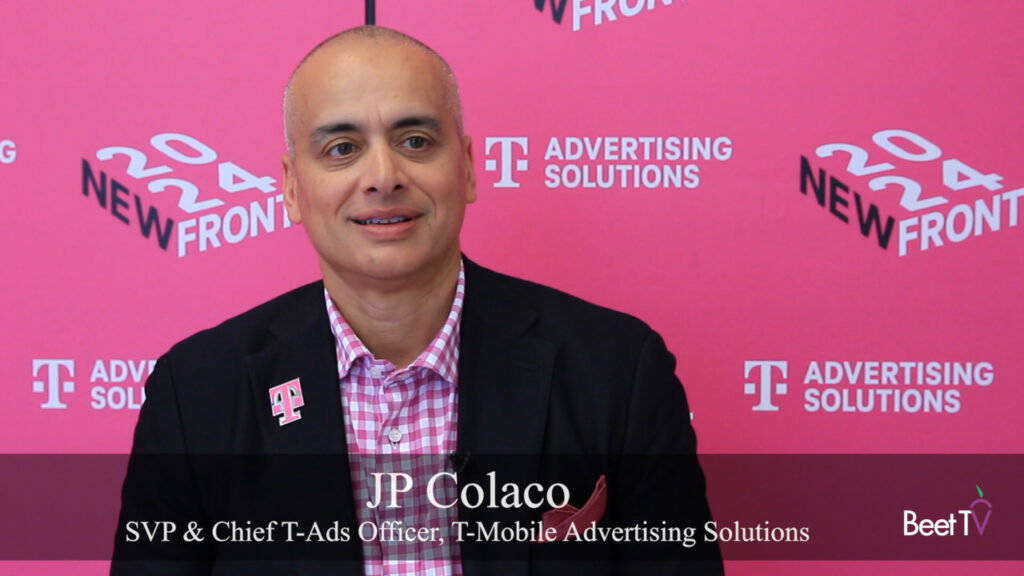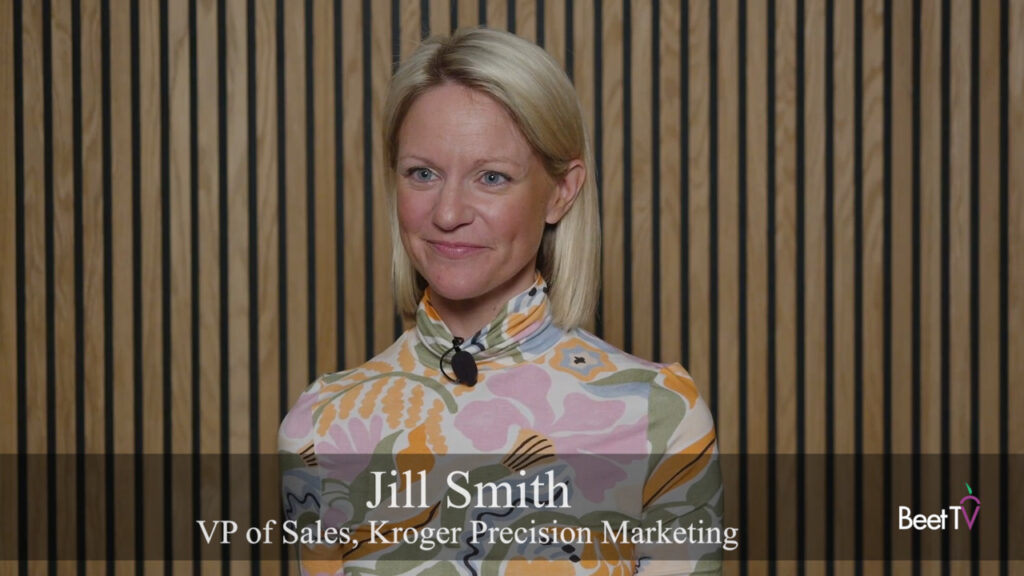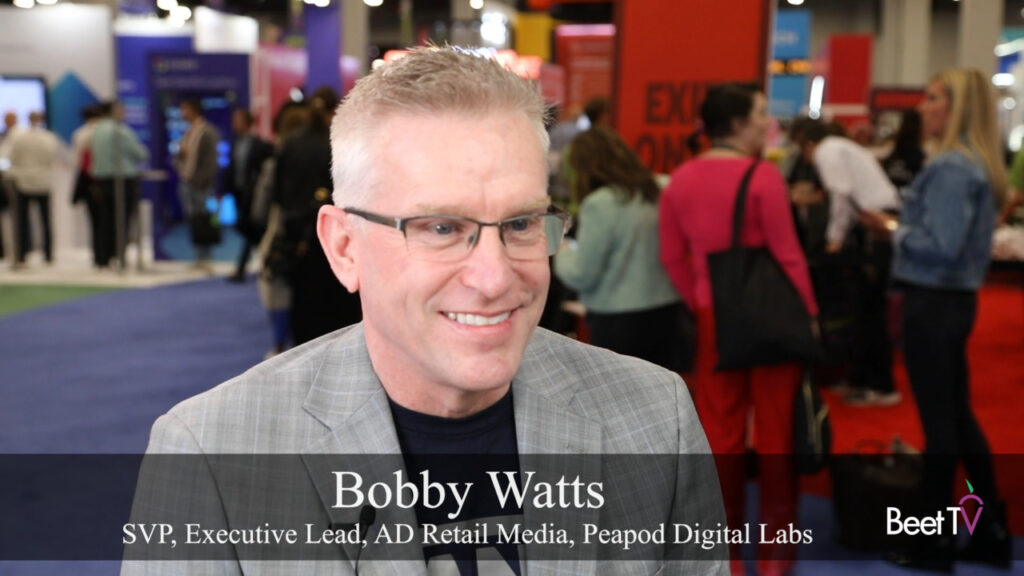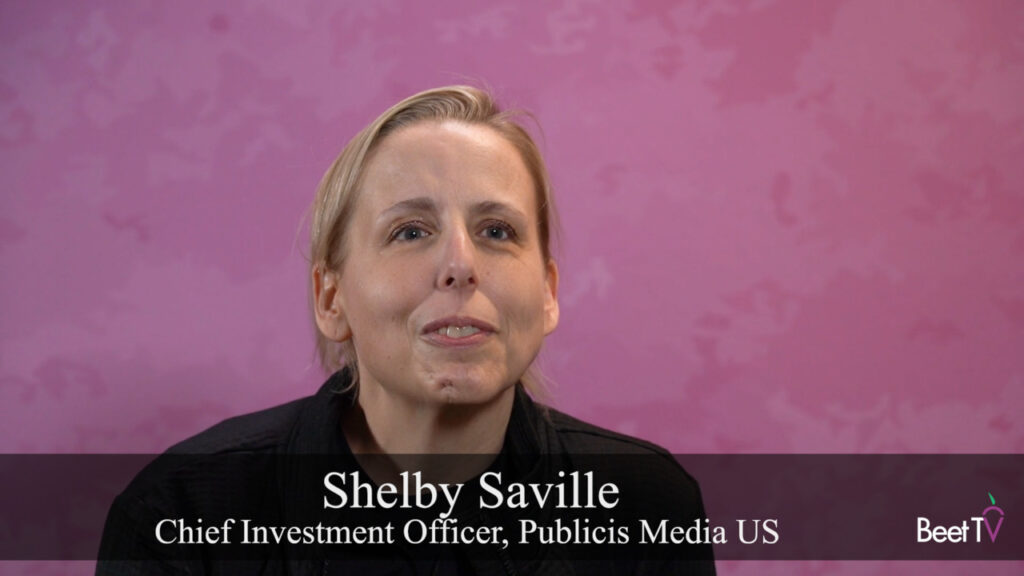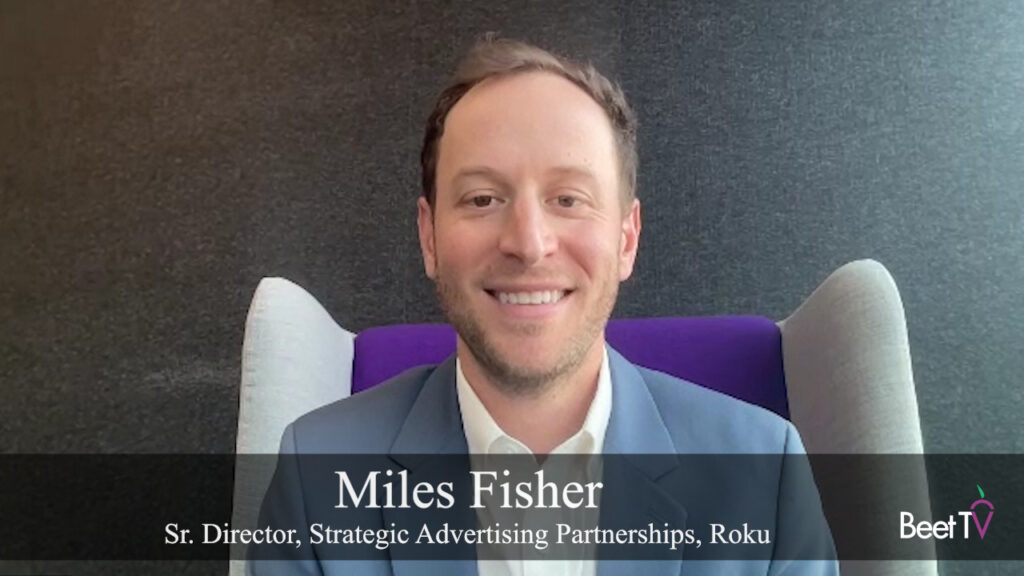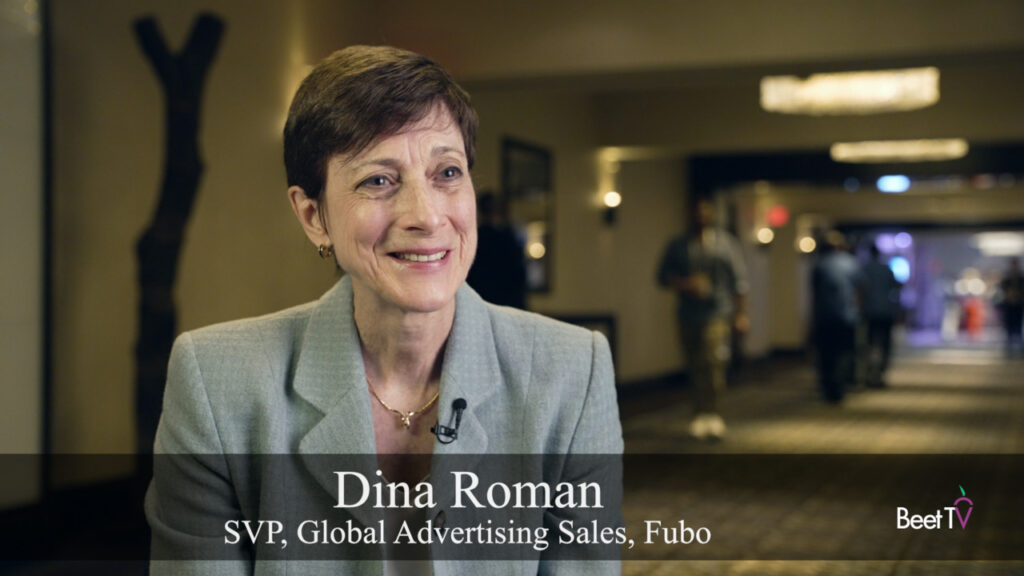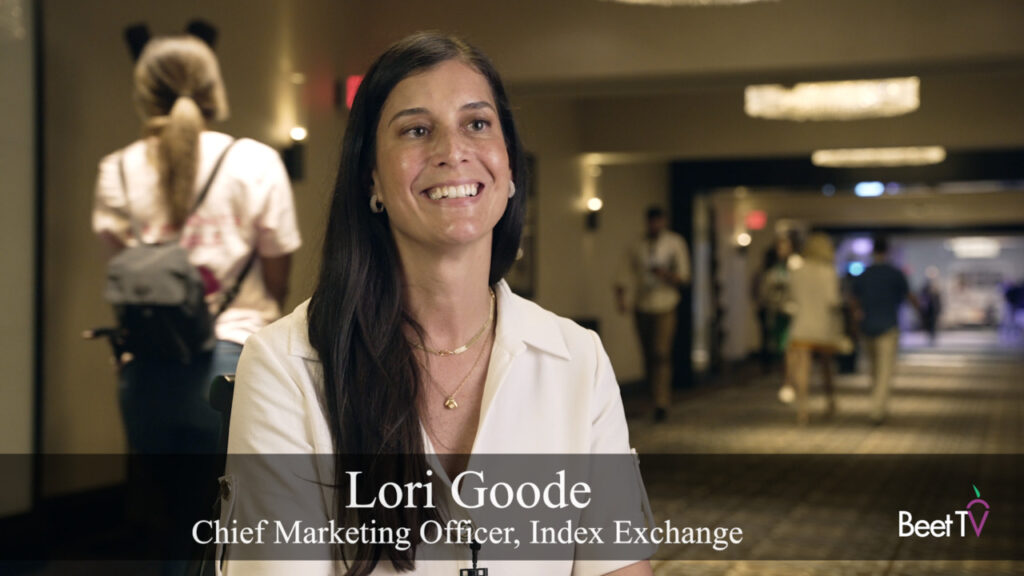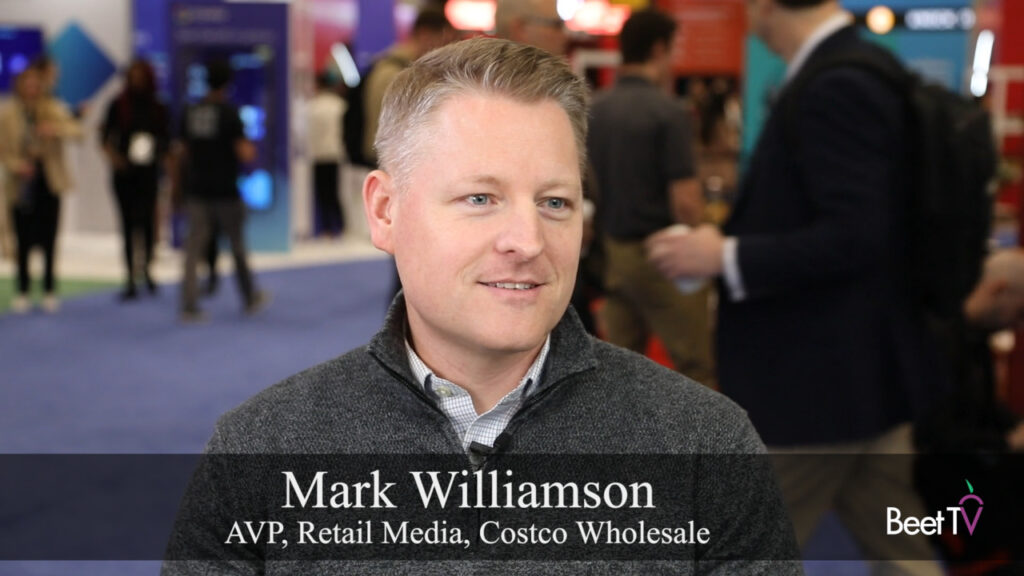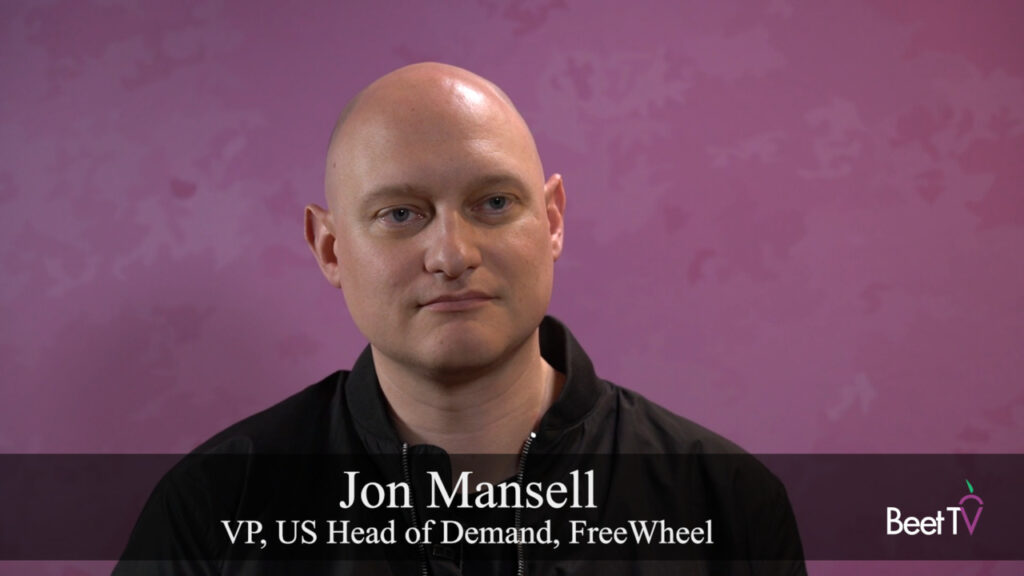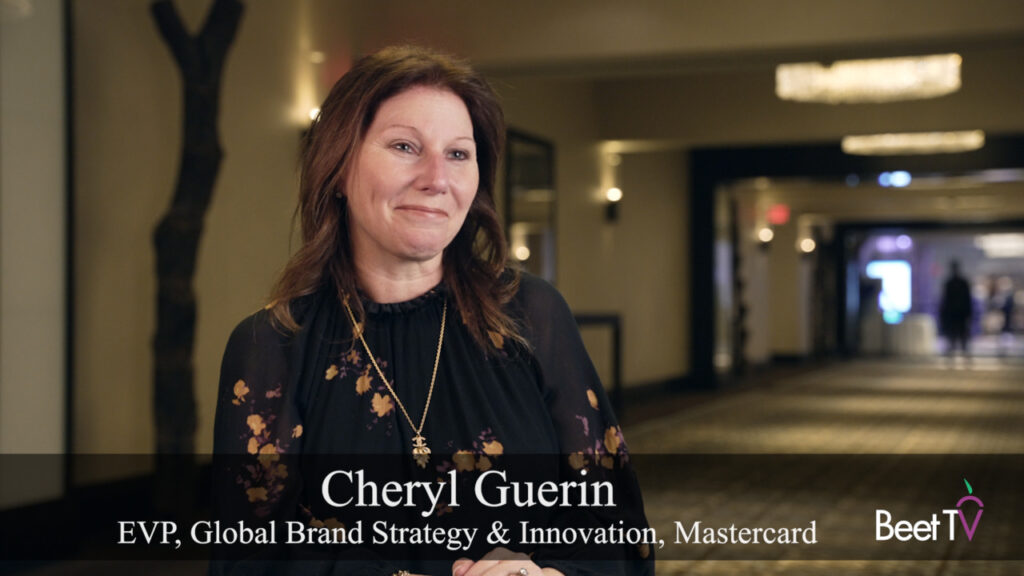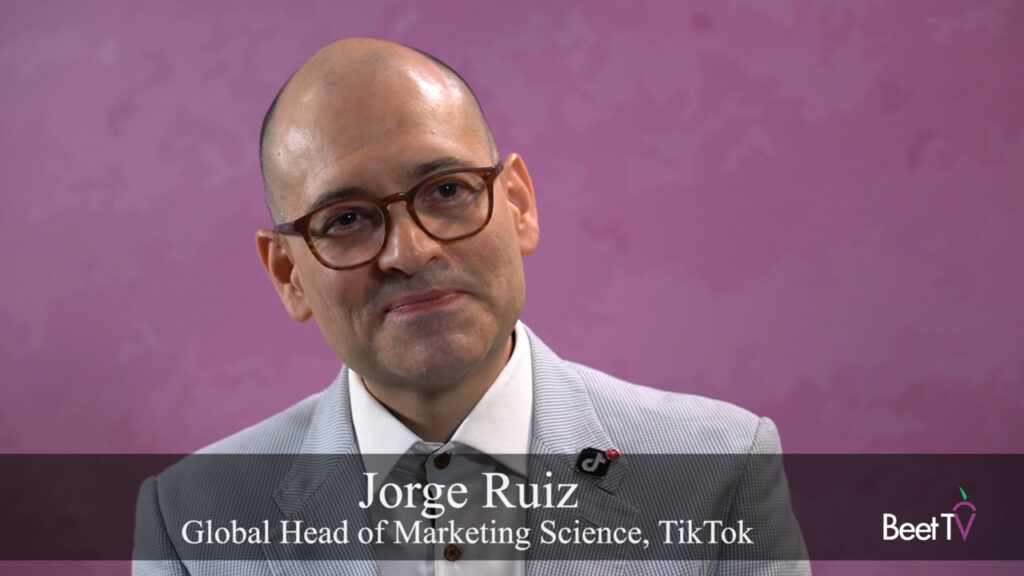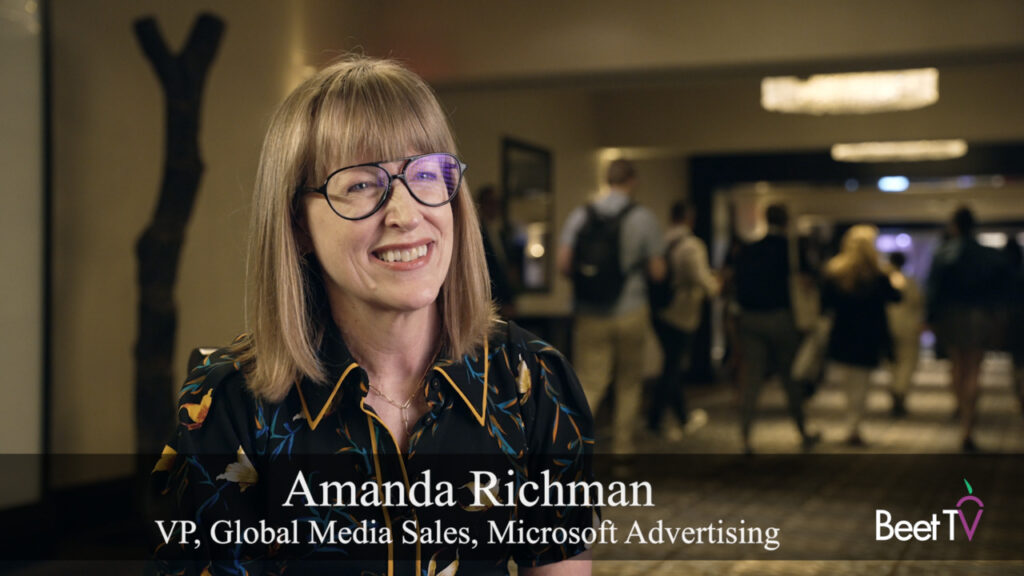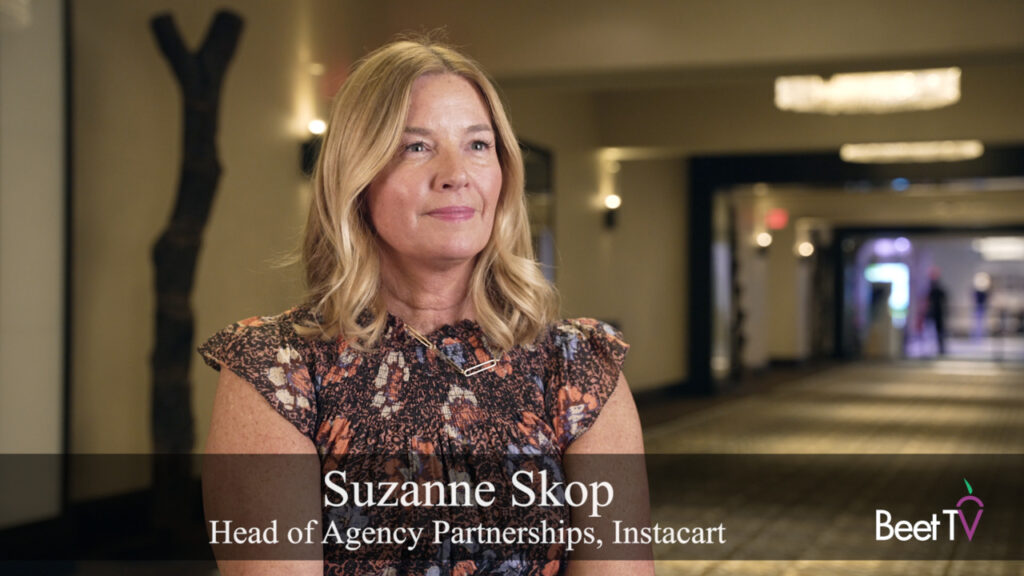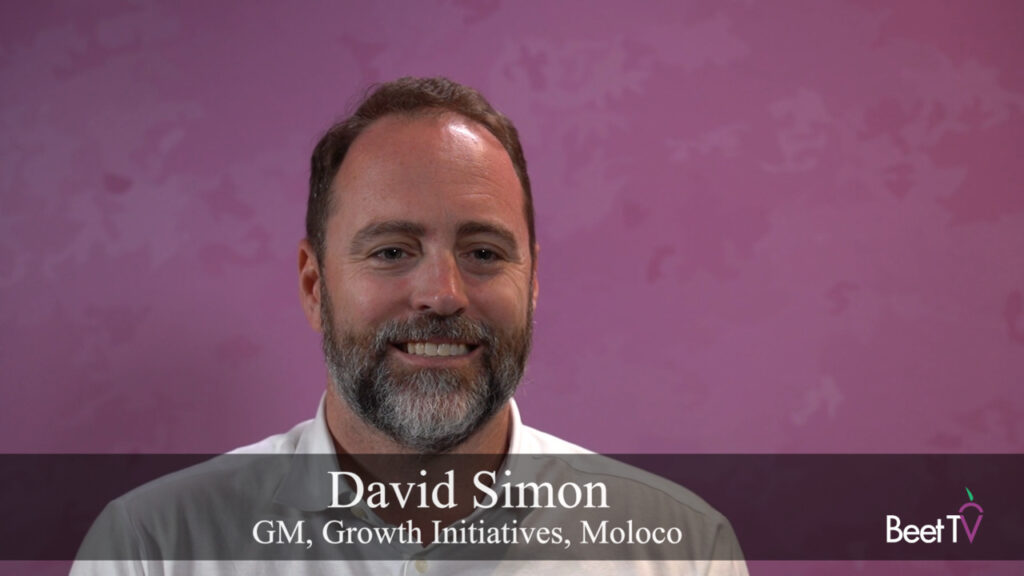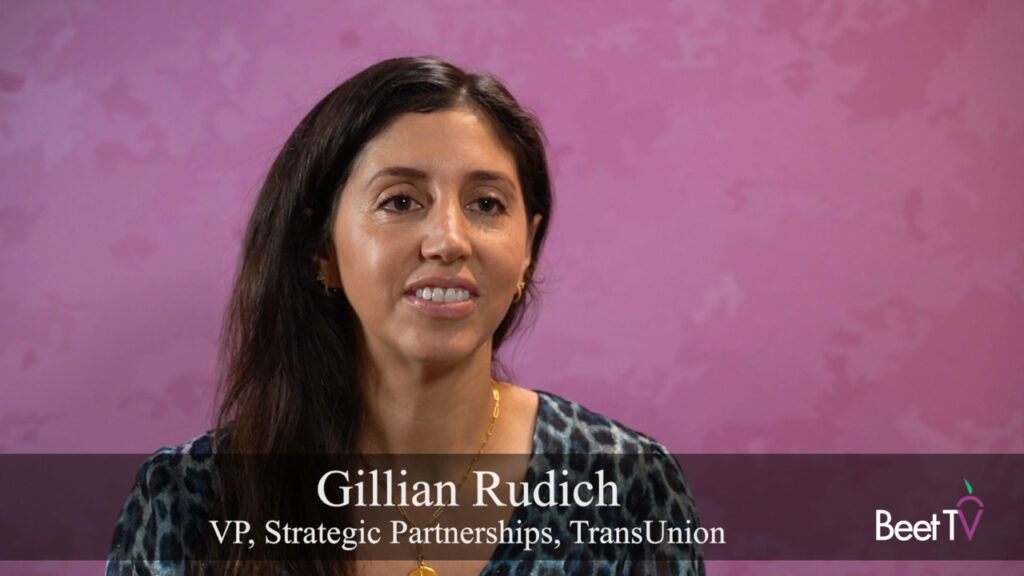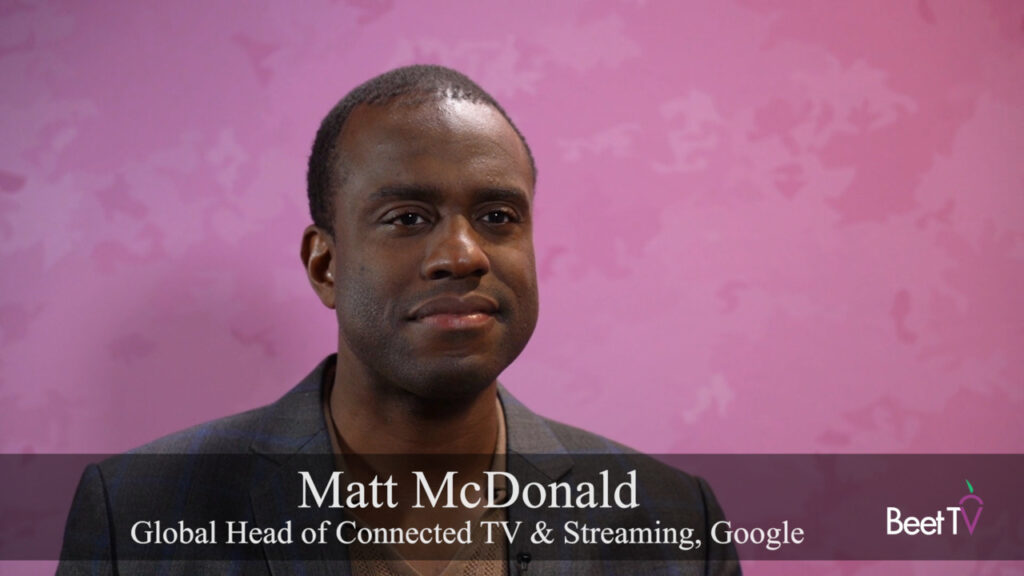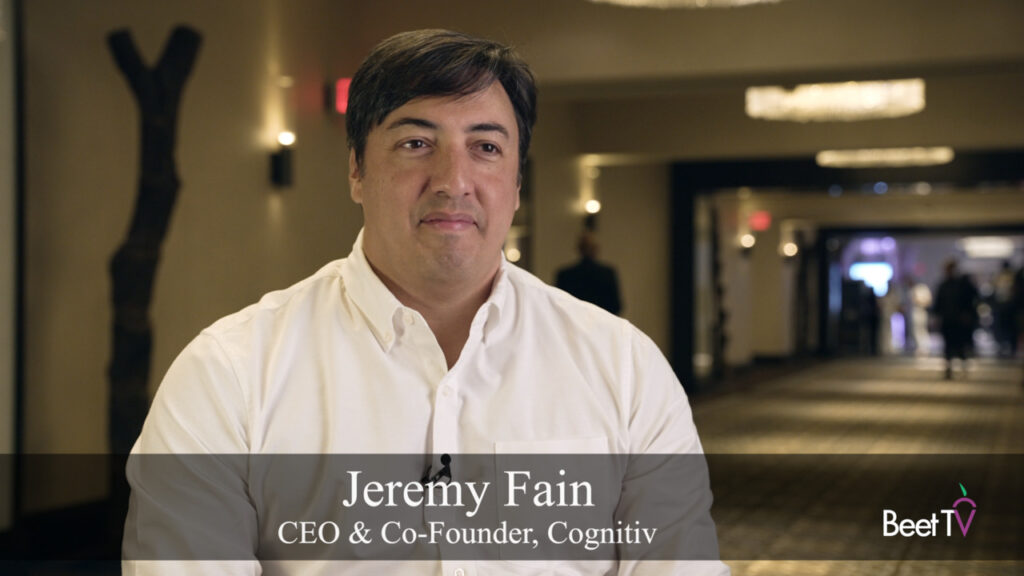ORLANDO, Florida – Roughly half a billion video views later, it’s easy to see why Procter & Gamble’s Like A Girl narrative for Always feminine products has been a big hit. It’s hard to disagree that the creative debunking—mainly via video impressions both purchased and earned—of how girls run or throw a ball “Was good for the business and good for society,” according to Marc Pritchard, P&G’s Chief Brand Officer.
Pritchard showcased the Always campaign along with other P&G efforts for brands like Ariel and Pepto-Bismol during a presentation titled Raising the Bar on Creativity at the Masters of Marketing Conference of the Association of National Advertisers.
In a subsequent interview with Beet.TV, having arduously defended advertising in his presentation amid so much industry talk about “content,” Pritchard observes that, “There are so many ways we can reach people and there are so many messages that our brands can actually provide while still looking like your brand.”
What’s most important is that “It has to be a great idea,” Pritchard says. “An idea that’s not that meaningful, you can buy and push and whatever all you want and it won’t make a difference.”
His presentation cited the Ariel laundry detergent that P&G with a “beautifully crafted film” created to show men in India that it’s not just women who should shoulder certain types of housework. “It makes Ariel meaningful,” notes Pritchard.
In the case of the Always campaign, which began four years ago, P&G linked the concepts of feminine protection and the confidence so that women could confront “demeaning phrases like ‘like a girl,’ and be able to make ‘like a girl’ mean amazing things,” Pritchard says.
“So not only are they talking about the performance of Always, they’re also able to express their point of view about an issue that is meaningful to women and girls around the world,” he adds. “And that’s good. That’s good for the business and that’s good for society.”
The video-centric Always messaging—which has generated 550 million views and 25 billion impressions—is on its fourth installment. While it garners its share of organic awareness, P&G also pays to deliver it at key moments.
“We put a 60-second version on the Super Bowl of Always Like a Girl the same time we had it online and then actually broke it up into different pieces,” Pritchard says. “We had a Snapchat version that was six seconds.”
But it all started with an idea “so powerful people want to view it, they want to talk about, they want to write about it and then they’re taking action on it as well,” says Pritchard.
We interviewed him at the ANA Masters of Marketing annual meeting in Orlando. This video is part of a series produced at the conference. Beet’s coverage is sponsored by Cadent. For more videos from the series, please visit this page.







